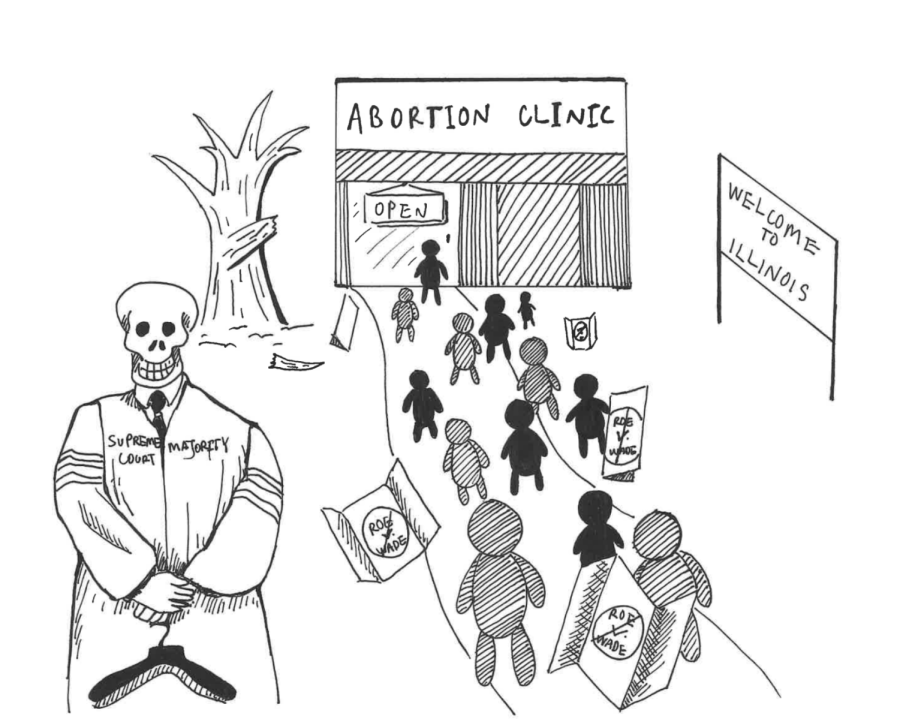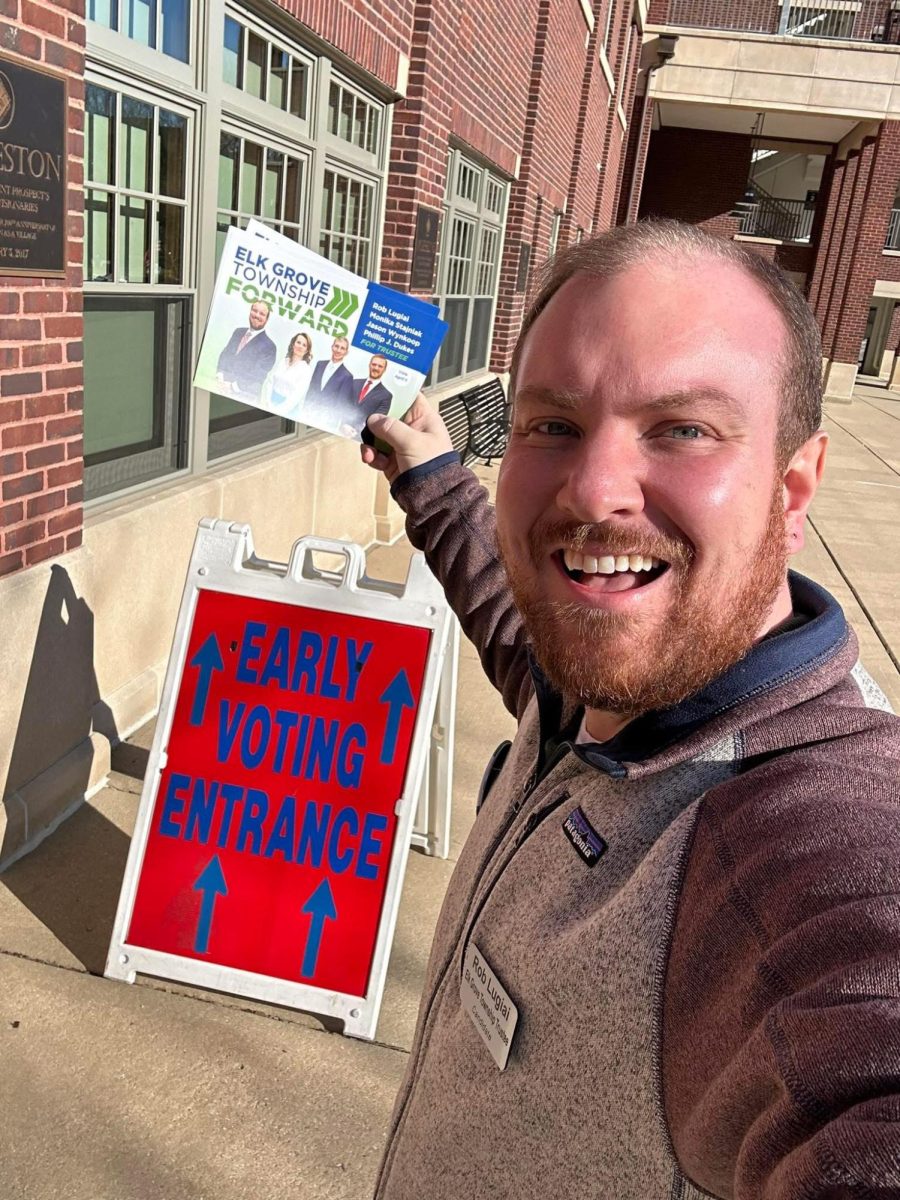Editorial: Overturning Roe v. Wade would hurt women, states, judicial credibility
May 20, 2022
Politico published a leaked February Supreme Court majority opinion draft that would overturn the landmark 1973 abortion rights case Roe v. Wade on May 2. If the court decides in the summer to officially overturn Roe like this draft penned by Justice Samuel Alito suggests, it would hurt the most marginalized women, increase burdens on states, and open the door to restrict other Americans’ rights. The Central Times editorial board strongly denounces the positions held in this draft opinion and hopes the consequences of overturning Roe v. Wade never come to pass.
While it is difficult to create a consensus about the moral or spiritual implications of abortion, a decision overturning Roe would not stop all abortions, only safe ones. A study of low income New York City women in the 1960s found that almost one in ten had attempted to terminate a fetus by illegal abortion, the Guttmacher Institute reported. To roll back Roe, then, does not achieve certain states’ goals of decreasing the number of abortions. Women with no other option will simply turn to clandestine operations that, due to variable safety precautions, could put them in danger.
Another option for women seeking an abortion, if they are able to afford the additional expenses, will directly affect us here in Illinois. NPR reported May 9 that if Roe v. Wade were overturned, 26 states would likely restrict abortion access. Illinois is not among them. Several pieces of legislation ensure that women can freely access abortions in the state. Most notably, the Illinois Reproductive Health Act, which Gov. J.B. Pritzker signed in 2019, makes access to reproductive health and abortions a fundamental right.
As a result, Illinois would likely see an influx of women seeking abortions from neighboring states in the Midwest if Roe were to fall. While the state’s almost 40 abortion centers regularly assist thousands of women from other states annually in getting abortions, it will take considerable resources for them to handle the increased volume of abortion seekers in the case that the court overturned Roe v. Wade. Until they can obtain the additional funding, supplies and personnel, Illinois abortion centers will also provide lower quality and less safe care to patients. If the leaked draft becomes the law of the land, tens of thousands of American women would suffer.
This first draft also presents a broader erosion of the judicial system and the rights it was tasked with protecting.
The main fundamental right from which the Supreme Court derived the right to an abortion in Roe is the right to privacy. The court at the time argued that the Third Amendment of the Constitution, which prevents soldiers from being quartered in private homes, the Fourth Amendment, which prevents unreasonable searches and seizures and the Fifth Amendment, which prevents self incrimination, all imply that the founders of this country felt that a right to privacy was important. The Ninth Amendment, which says the Constitution does not include an exhaustive list of rights, allowed the court to protect implied liberties.
While Alito wrote in the draft that the right to an abortion is different from other liberties based off the right to privacy, overturning Roe would inherently weaken the right to privacy itself because Alito writes that “Roe was egregiously wrong from the start.” By rattling the foundational liberty upon which the right to same sex marriage and right to use contraception are based, such a decision could still negatively impact millions of Americans who will never need an abortion.
One final flaw to note in the leaked opinion surrounds how Alito weighs the importance of precedent. He writes that because abortion is not an explicitly stated right in the Constitution or its amendments, it must be “deeply rooted in this Nation’s history and tradition” to be a valid fundamental right. After presenting evidence that many states criminalized abortion for long periods of time, he writes that the right to abortion does not meet the criteria, so the Supreme Court cannot protect it.
However, the underlying reason that fundamental rights must be rooted in history is to protect the consistency and credibility of the judicial system, ensuring that its decisions can command the respect and obedience of the American people. Overturning Roe would damage the Supreme Court’s credibility exponentially more than protecting an operation that 14th Century English statesmen prohibited, defeating the purpose of requiring fundamental rights to be rooted in American legal tradition.
Ultimately, a decision overturning Roe v. Wade would hurt women, curbing access to safe abortions without reducing demand for the operation. It would burden states like Illinois, which would have to juggle an influx of abortion seekers with limited supplies. It would damage the very fabric that has preserved American democracy for centuries: the force of our judiciary.
Let Roe v. Wade stand.







